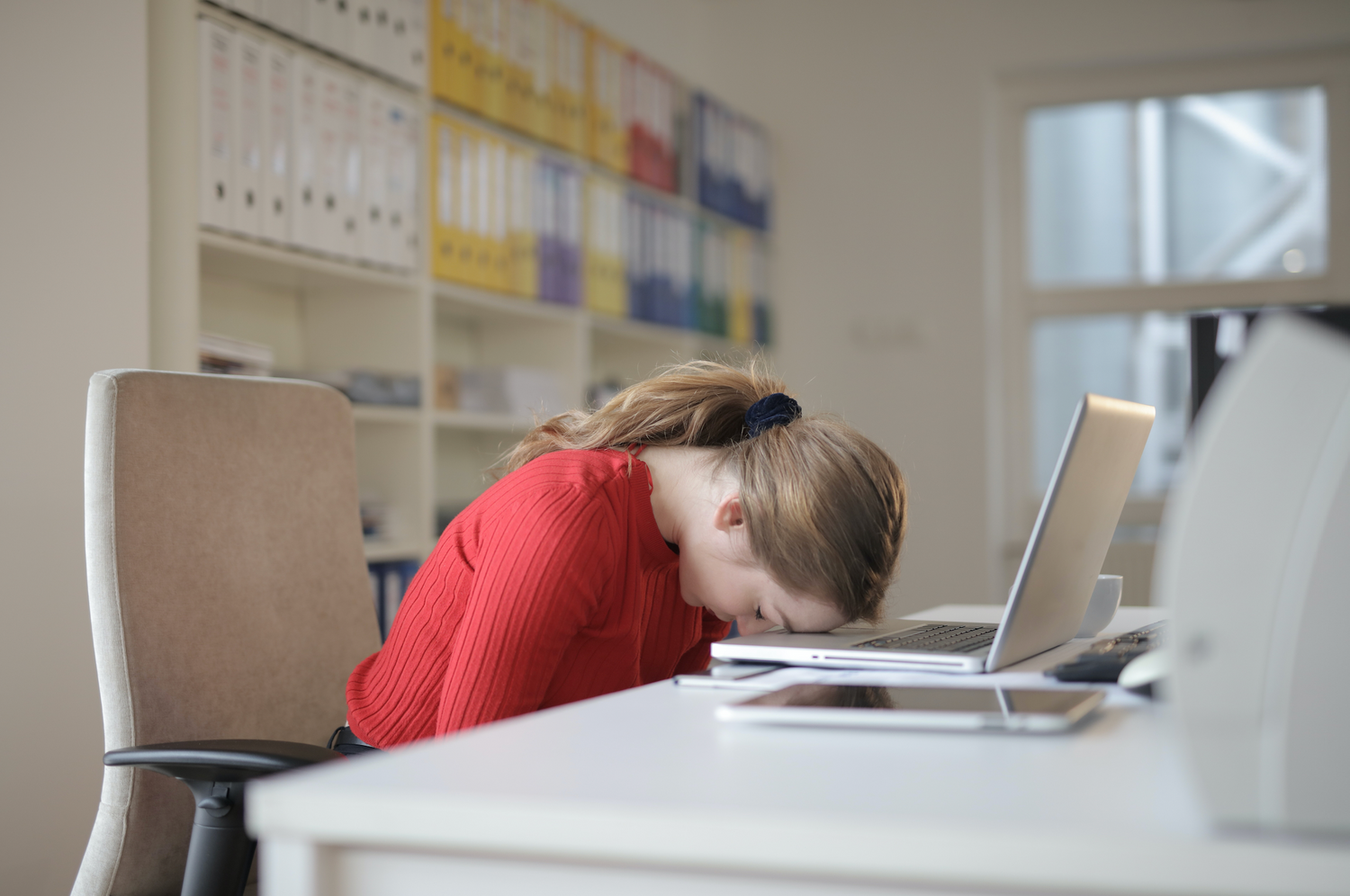With all of the benefits caffeine can offer, how much is too much? According to the FDA, it appears that adults can safely consume up to 400 mg of caffeine per day. That’s about the amount in four cups of coffee or nine Diet Cokes.
However, caffeine affects different people in different ways, and you may find that your tolerance is much lower.
The FDA further advises that, “There is wide variation in both how sensitive people are to the effects of caffeine and how fast they metabolize it (break it down).Certain conditions tend to make people more sensitive to caffeine’s effects, as can some medications.”
Too much caffeine can cause symptoms such as headaches, anxiety, irritability, and diarrhea. It can also cause increased thirst because it has a mild diuretic effect.
In cases of extreme caffeine consumption (also known as caffeine overdose), it’s possible to develop life-threatening symptoms such as trouble breathing, irregular heartbeat, and convulsions. Maybe you’d better think twice about doubling up on those energy drinks.
To set your personal caffeine limit, pay careful attention to how you feel when you drink caffeine. Do you notice a pleasant energy boost that gives you a jump start to your day? Or do you feel jittery, anxious, unable to fall asleep at night, or running to the bathroom frequently? Let your body be your guide.

